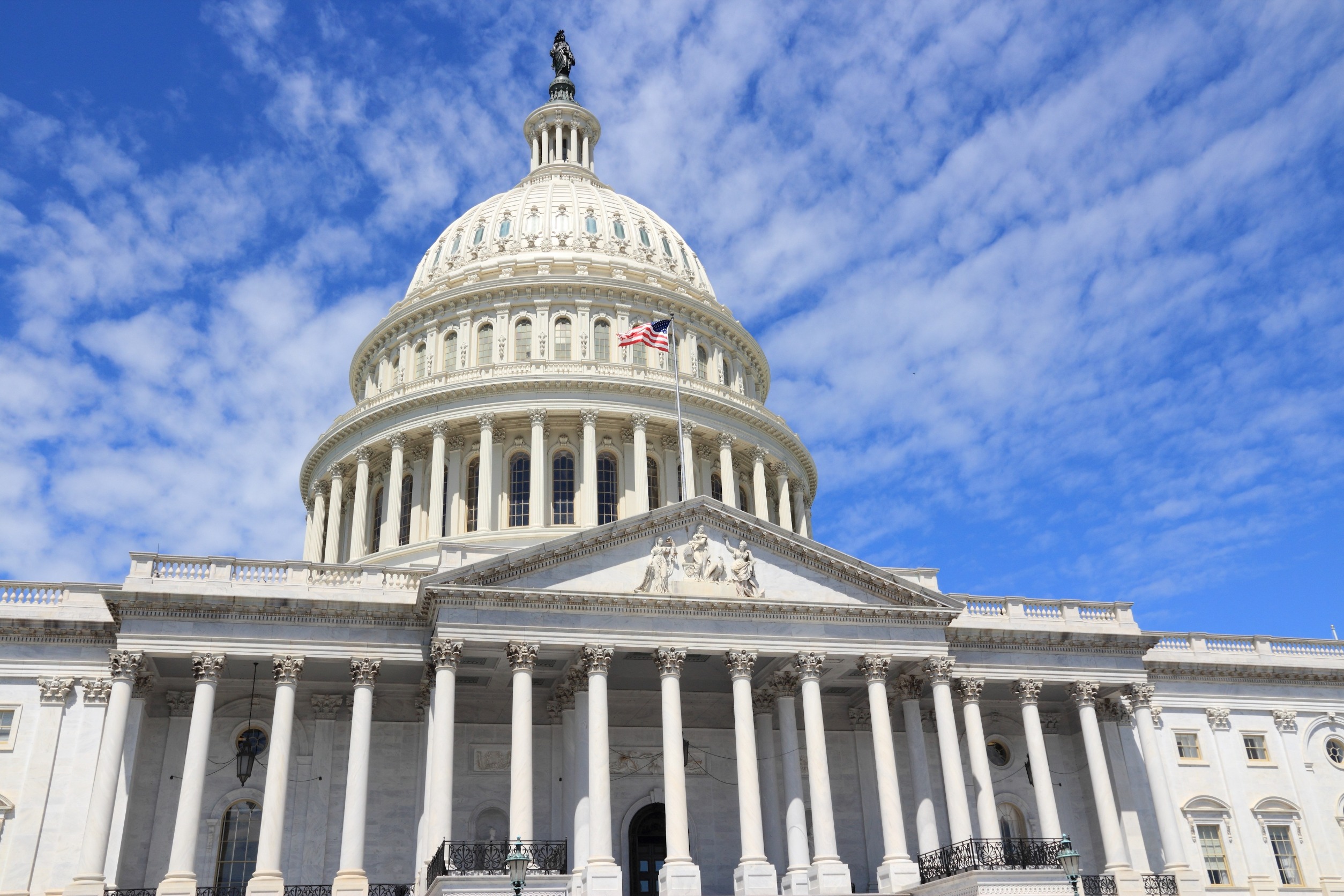Prevent tunnel vision
The world is full of complex problems with an infinite set of aspects to consider. We’d go insane if our brains hadn’t developed a way to make life more manageable. As a result, we hold on to what we think we know and continually attempt to confirm our convictions. This mechanism is called tunnel vision. “Tunnel vision makes life a lot easier,” says forensic psychologist Eric Rassin, professor of social sciences at Erasmus University in Rotterdam, the Netherlands. “Suddenly you can solve complex problems. Often that works just fine, but not always.”
In his book Waarom ik altijd gelijk heb (“why I’m always right”), Rassin explains how tunnel vision in decision-making during medical exams can be disastrous, as doctors zoom in on certain symptoms but miss others, and during police investigations, when detectives seem to be wearing blinders. The phenomenon also rears its head when we explore the future. We select information that confirms our preconceived ideas. It doesn’t much matter whether the information is true: As long as it matches our worldview, we like it. That’s the problem, Rassin believes. “We aren’t really looking for objective truth. People have a stubborn tendency to look for confirmation. For example, during a hot summer, we’re quick to think, See, global warming is real.”
According to experts, no definitive cure exists for this phenomenon. Our drive to disqualify undesirable opinions is too strong. There are ways to curb it, however. Come up with counterarguments. Or think of reasons why you might be wrong.
To keep the mind sharp and fresh, it has been suggested, it’s a good idea to talk with people who disagree with you and try understanding them rather than converting them. Look past your own area of expertise to see what others consider ironclad truths. Tetlock calls it a simple question of “mental hygiene” to read books, magazines and blogs to acquaint yourself with opinions with which you aren’t aligned. “It’s good for your long-term forecasting skill to expose yourself to a fairly conceptually diverse range of inputs.”
Don’t know too much
When you ask an expert about his or her area of expertise, you may assume he or she will perform better than if you pose a question about another subject. Tetlock noticed in his study that this is indeed usually the case. But not always: Some experts performed worse in their subject areas than did laypeople. The explanation? The more you know, the more details and complexity you have to manage. Experts can become trapped in their own webs of trivia, muddying the main focus and making it hard to pin down.
According to Tetlock, not knowing too much can be healthy. “In this age of academic hyperspecialization,” he writes in his 2005 book Expert Political Judgment, “there is no reason for supposing that contributors to top journals—distinguished political scientists, area study specialists, economists and so on—are any better than journalists or attentive readers of The New York Times in ‘reading’ emerging situations.” Expertise blinds us. The future belongs to generalists.
Nonetheless, journalists continue to look to experts to explain the news. To emphasize an expert’s authority, journalists happily point to that one correct prediction from long ago and ignore all the failures. Therein lies danger, believes Tetlock. “Many people predicted the fall of Arab regimes for years. Now they’re finally right. But before they were right, they were wrong for a very long time.” Hosts are happy to talk about the predictions that went right, but find it inappropriate to remind guests of the nonsense they spouted months ago on that very same couch. It’s rude. And why would we watch a talk show that invites blundering experts?
Don’t be too optimistic
Many people have rosy preconceptions about the future, particularly regarding their own lives. Studies repeatedly show that students always rate their own chances in the job market high, although they believe their contemporaries will have a more difficult time. American psychologists David Armor and Shelley Taylor demonstrated that smokers believe they are at a lower risk for lung cancer than other smokers, and that newlyweds—even those aware of the depressing statistics on divorce—think their own marriage will stand the test of time.
The future of predictions
More of Today's Solutions
A new CAR T-cell therapy for lupus brings hope for a cure
BY THE OPTIMIST DAILY EDITORIAL TEAM A new and promising treatment for lupus could mean the end of lifetime medication for patients suffering from ...
Read MoreGet more rest, wake up earlier, and change your night owl habits in 8 simple ...
BY THE OPTIMIST DAILY EDITORIAL TEAM Many people naturally feel more awake and productive at night, making it an ideal time for creativity and ...
Read MoreHow a healthy sex life boosts seniors’ cognitive health
Researchers discovered an intriguing link between regular sexual activity and cognitive health in senior persons in a study published recently in The Journal of ...
Read MoreGreece is the first Orthodox Christian country to legalize same-sex marriage
Greece, the birthplace of democracy and ancient traditions, has defied a longstanding norm by becoming the first Christian Orthodox country to legalize same-sex marriage. In ...
Read More










